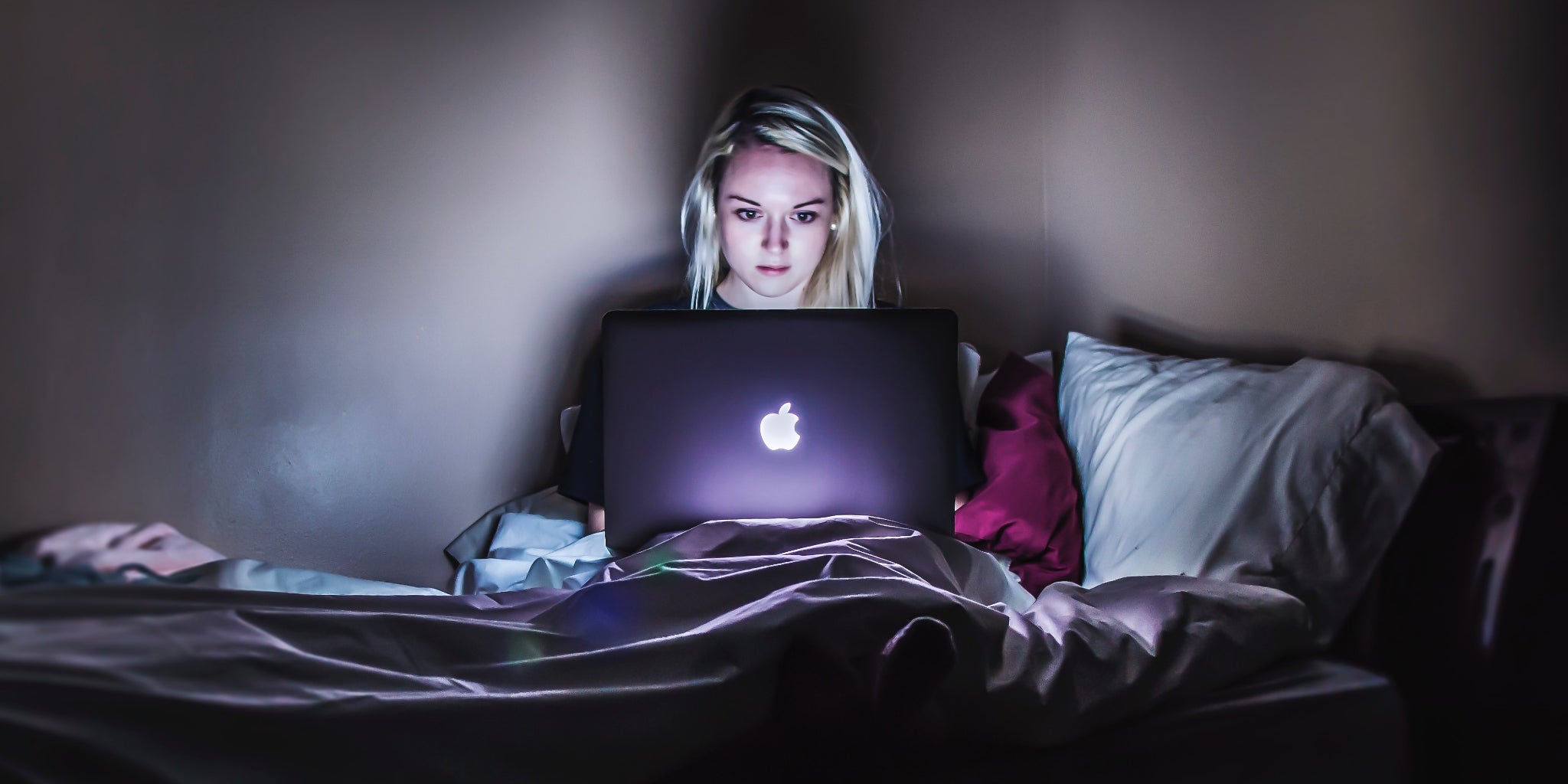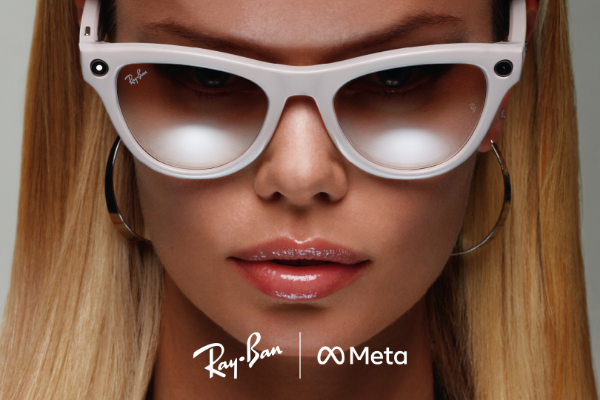
Protect Eyes and Sleep Better
Good vision is not just a number that you get from your optician after an eye test. It describes your eye health; helps you sleep well and improves your general health and wellbeing. Not looking after your eyes can not only lead to eye health issues but can also affect your sleep which in turn can have a severe effect on your mental health, relationships, performance at work and your general health. Where modern day technologies are a source of personal entertainment, they are also harming us in more ways than we can comprehend.
Imagine, in the age of hunters and gatherers, after a hard day’s work people will gather around a fire, eat food, sing songs and tell stories. This winding down would get them to sleep easy which is in line with our natural pattern of sleeping early at night and waking up at dawn. According to the sleep scientists everyone has a natural sleep cycle which is called the Circadian rhythm.
What is circadian rhythm?
Circadian rhythm is an internal process that regulates our natural sleep cycle based on the rotation of the earth. It is worth highlighting that before the technology revolution, human beings generally followed their natural sleep cycle (Circadian rhythm) to sleep and wake up. However, the modern day lifestyle and the advent of mobile devices especially has affected our natural sleep cycle and has made us mobile addicts without us even knowing. Most of us are guilty of watching tv and staying on mobile till late at night without even understanding the impact this may have on our eyes and sleep.
It is almost like watching a series of unfortunate events that your body goes through in a day. One wrong choice can lead to a compounding of errors. Having too much caffeine or alcoholic drinks late in the evening, staying on mobile at night, not sleeping in time, not enough exercise, the pressures of being in the national lockdown due to Covid-19 pandemic can put us in a vicious circle which then becomes very difficult to break.
There is a direct relation between the health of our eyes and our sleep. Light at various wavelengths is processed by our brain which in short tells our brain if it is time to sleep. The blue light tells our brain that it is daytime whereas the warmer yellow and red tones tell our brain that it is approaching nighttime. The brain then generates melatonin which basically flags to our brain and body that it is time to go to sleep. The blue light emitted by the digital devices tricks our brains into believing that it is still daytime, and it is not yet time to go to sleep. The solution is to stop using any digital devices very late at night and to wear blue light reflect lenses which are specifically designed to block the blue light generated by the digital devices. These lenses have special coatings and may even give a slight orange reflection which is very similar to the orange filter or hue generated by the blue filter settings of mobiles devices. Due to the importance of blocking blue light at night, some mobile manufacturers have now made these blue light filters as standard features.
Here are some tips for your eye health care and for getting a good night sleep:
Eating a balanced diet
Simple vegetables, fruits, nuts and meats available in our supermarkets can provide us with the necessary vitamins, minerals and nutrients that our bodies need to live a healthy lifestyle. To understand which vegetables and meats we should be eating on daily basis, read the blog Feast for Thine Eyes.
Stick to a sleep schedule
Support your natural Circadian rhythm by having a consist sleep routine, i.e. going to bed in time and waking up at your usual time. Avoid taking naps after 3pm and create an environment that signals to your mind that you are preparing to go to bed. This means not reaching for digital device at night, creating a dark and cool bedroom environment. Lastly, try taking a hot bath before going to bed.
Exercise regularly
Exercising regularly during the week will encourage you to eat and sleep healthy and also avoid bad habits such as smoking and drinking too much. Exercise increases the oxygen level in your blood which is good for your eyes and introduces endorphins in your body which uplifts your mood, memory and general health.
Avoid caffeine and nicotine
Smoking and caffeine in the form of tea and coffee is not good for your body and especially for a good night sleep. Smoking exposes your eyes to high levels of oxidative stress. Caffeine on the other hand stays in your system for nearly 8 hours and gives you the false feeling of wakefulness. So try and not have any tea or coffee in the late afternoon or evening.
Have the right sunlight exposure
It is important to get the correct amount of sunlight exposure. This informs your brain that you have been awake in the correct hours of the day which in turn encourages you to get a better sleep at night. However, remember to protect your eyes and wear sunglasses with UV protection lenses or polarized lenses.
Wash your hands
Keeping your hands clean is very important when it comes to your eyes. Covid-19 has created a lot of awareness of the benefits of washing hands. Especially if you are a contact lens wearer, it is paramount that you wash your hands before handling contact lenses. It will help protect your eyes and prevent the spread of germs and eye infections such as conjunctivitis.
Blue Light filter lenses
The amount of exposure the eyes are getting to the blue light is magnified exponentially in our day to day lives. Not using digital devices late night may not be enough if you have a habit of watching TV or working on your laptop till late at night. Use blue light filter lenses which will protect your eyes from the harmful effects of the blue light generated by the digital devices. Even if you do not wear prescription glasses, you can get non-prescription glasses fitted with blue light filter lenses.
